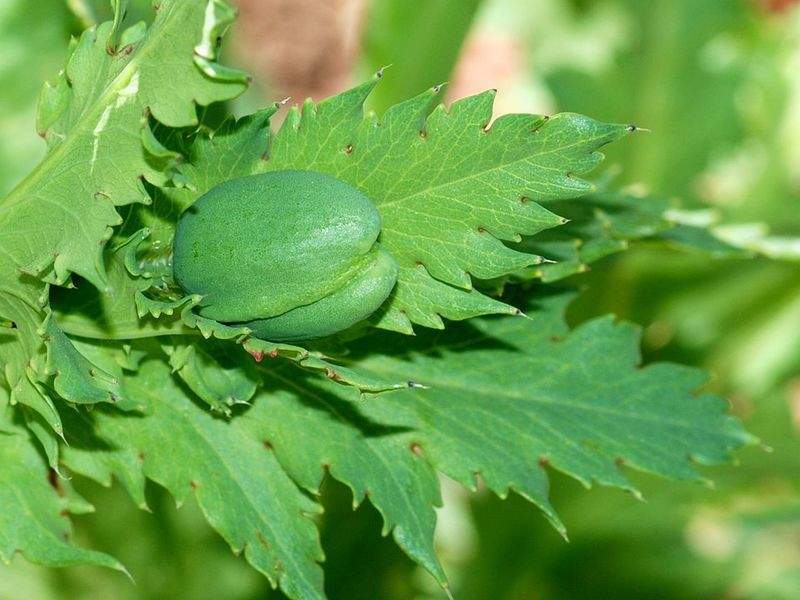
Bioengineers at Stanford University have devised a new method for fermentation-based production of a cough suppressant and potential anticancer medicine called noscapine.
Researchers engineered brewer’s yeast, a one-celled fungus, with 25 genes of enzymes obtained from medicinal plants, microorganisms and mammals to make the drug.

Discover B2B Marketing That Performs
Combine business intelligence and editorial excellence to reach engaged professionals across 36 leading media platforms.
The new approach delivers an 18,000-fold increase in the output compared with the amount obtained by inserting only plant and rat genes into yeast.
The additional 100-fold improvement required for commercial viability can be achieved by replacing laboratory flasks with large-scale bioreactors.
Stanford University bioengineering professor Christina Smolke said: “This is a technology that’s going to change the way we manufacture essential medicines.”
Noscapine’s cough-suppressing capability was discovered in 1930. The drug was also found to be a potential oncology therapy during preclinical trials, where it exhibited less impact on healthy cells than currently available chemotherapy.

US Tariffs are shifting - will you react or anticipate?
Don’t let policy changes catch you off guard. Stay proactive with real-time data and expert analysis.
By GlobalDataNew natural techniques for the production of this medicine are necessary as currently opium poppy is the only feasible source but is limited by expensive controls and regulations.
Noscapine obtained from the plant also takes a year to reach maturation stage, while the newly bioengineered yeast only needs three to four days as there are three separate sections of the noscapine biosynthesis pathway incorporated into a single yeast strain.
Researchers used the CRISPR gene-editing tool to reconstruct the genes and allow them to better work with each other, increasing the production of a chemical in the yeast that ensures robust production of the drug.
Smolke noted: “We’re no longer limited to what nature can make. We’re moving to an age where we can borrow nature’s medicine-manufacturing processes and, using genetic engineering, build miniature living factories that make what we want.”
Stanford has licensed the new technology to US-based company Antheia, which is working towards commercialisation.




